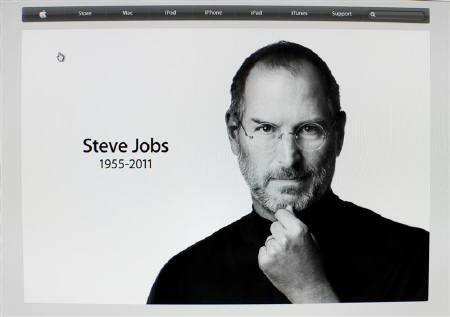
Experts dampen hopes for COVID-19 silver bullet. /CFP
Experts dampen hopes for COVID-19 silver bullet. /CFP
As COVID-19 continues to claim more victims worldwide, medical scientists are facing a race against time to find a cure.
With at least 12 million people already infected, and the number of deaths rising alarmingly, people are pinning their hopes on a vaccine being discovered that would put an end to the pandemic, once and for all.
Yet, the scientific community is urging caution, warning that a one-time cure-all is unlikely. Dr. Anthony Fauci, head of the National Institute of Allergy and Infectious Diseases in the U.S., points out that even if a vaccine is found, its effectiveness may be limited.
In an interview with the Journal of the American Medical Association, Dr. Fauci said, "When you look at the history of coronaviruses, the common coronaviruses that cause the common cold, the reports in the literature are that the durability of immunity that is protective ranges from three to six months to almost always less than a year."
His pessimism is borne out by figures for deaths in the most recent flu season, released by the U.S. Centers for Disease Control and Prevention (CDC).
Despite the widespread availability of a flu vaccine, the CDC estimates that between 24,000 and 62,000 Americans died from the infection during the period from October 1, 2019 to April 4, 2020.
These figures tell us that modern medical science cannot always provide a silver bullet to eliminate the disease.
As psychiatrist and psychoanalyst Norman Doidge puts it, in his book The Brain's Way of Healing, "The very idea that it is possible to 'conquer' in the medical arena nature seems to be a fond, naive hope. Whether it is the common flu or deadly disease cancer, a cure is often a wish."
In 2005, Steve Jobs, the co-founder of Apple Inc., gave a speech at the commencement of Stanford University.
In a highly personal address, he talked about his treatment after being diagnosed with pancreatic cancer the year before.
"I had a biopsy, where they stuck an endoscope down my throat, through my stomach, and into my intestines, put a needle into my pancreas and got a few cells from the tumor," he said.
"I was sedated, but my wife, who was there, told me that when they viewed the cells under a microscope, the doctors started crying because it turned out to be a very rare form of pancreatic cancer that is curable with surgery. I had the surgery, and I'm fine now.
"This was the closest I've been to facing death, and I hope it's the closest I get for a few more decades."

Screenshot from Apple's website
Screenshot from Apple's website
Sadly, Jobs' optimism proved to be misplaced. Despite being able to afford the best treatment available, he passed away just six years after making his Stanford speech.
While a cure for cancer continues to elude medical researchers, there are a number of success stories of deadly diseases that have been brought under control, thanks to the development of a vaccine or treatment.
For instance, polio has been virtually eliminated as a threat, with mass immunization campaigns bringing the number of wild cases down from 350,000 worldwide in 1988, to just 33 in 2018.
The example of polio gives us some reason to hope that a COVID-19 vaccine may not only be found but also prove lasting. Yet the lack of any effective vaccine or treatment for other diseases such as AIDS and cancer should temper our optimism.
In the meantime, we should bear in mind what doctors have always told us that the best way to keep illness at bay is to maintain a healthy lifestyle.
As the Huangdi Neijing, or Inner Canon of the Yellow Emperor, puts it, those who wish to stay healthy should "take a balanced diet at regular times, arise and retire at regular hours, avoid over-stressing the body and mind, and refrain from all kinds of overindulgence."